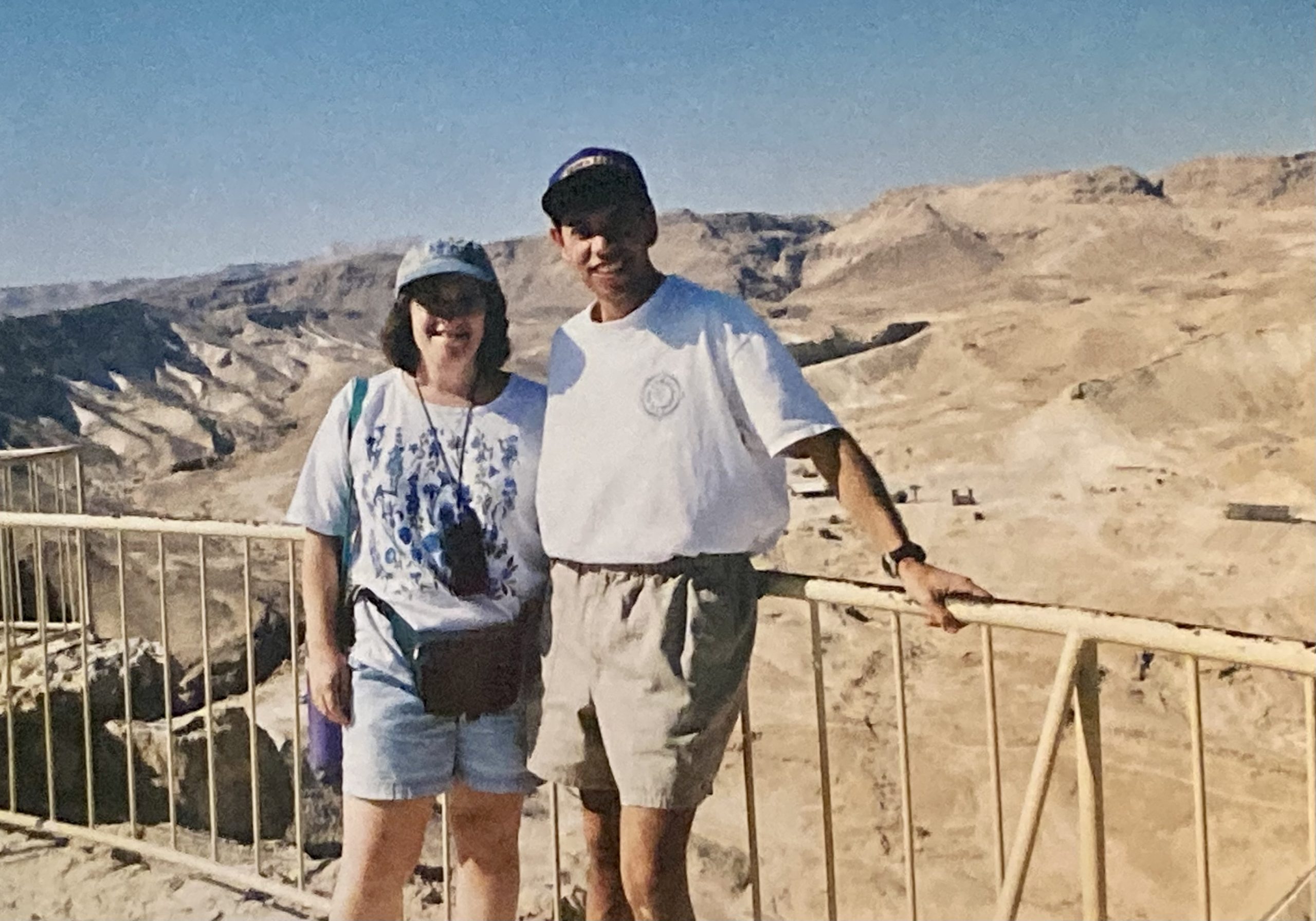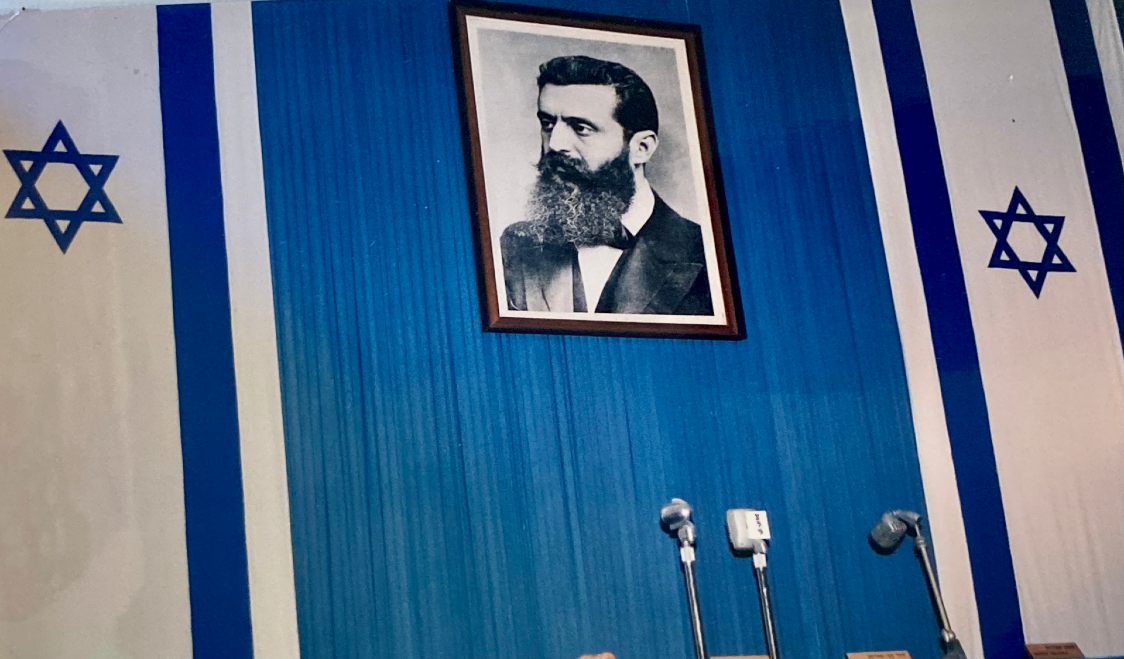Today is Yom Kippur, and I am fasting. I don’t fast each year on this holiday, in fact, probably on less than half of them. But today, no food or water until sundown.
Yom Kippur is a religious holiday, meaning it is something that is commanded by the formal religion of Judaism to be observed. Just as there are all kinds of commanded rituals in most religions.
People in my life knows that I am not one who believes in formal religion or the strictures that go along with it. This begs the question: Why would I acquiesce to depriving myself of sustenance and flavor on this day when I don’t even believe in the codified set of rules that require me to do so?
Yom Kippur is the Day of Atonement, which comes at the end of the Jewish High Holidays. It is the tenth day of Rosh Hashanah, the celebration of the Jewish New Year. In Judaism, on Yom Kippur, Jews seek forgiveness for the wrongs they have committed against God and against other human beings. I make plenty of mistakes annually (daily), so the decision to take a turn of the earth to think about them and make amends is an easy one.
But why the fasting? Why the self-abnegation? If this concept holds that you’re doing this for the God of a religion in order to be judged more favorably by that God, but you don’t fully believe in that God in the first place, why go the extra yard of foregoing a couple of meals?
The fact is that I just like the principle. I like the spirit behind it. Being hungry and thirsty for just a day as a reminder of what you’re supposed to be focusing on — unselfishness and the effort to live a more righteous life — doesn’t seem like that big a lift. It feels good in a way…till about 3pm.
Some folks I know who are very religious find it puzzling that I can be such a proud Jew when I don’t have that same pride or unfailing belief in the God of Abraham. Indeed, there was a time when I truly wanted to have more faith. Even prayed about it.
The first time I visited Israel was in November of 1999. I had made a quick decision to book the trip after leaving a job, and as a result, traveled with a dozen people from a congregation in Pennsylvania. It was led by their Rabbi, Michelle Medwin.
We arrived at Ben-Gurion Airport in Tel Aviv just past midnight. At 2:30 a.m., I was still so wide-eyed with excitement that falling sleep was a physical impossibility. I walked down to the beach in the middle of the night, looked back at the city lights, and wondered what I would learn in the coming days.
It was on a ride to the Golan Heights that I had a “God discussion,” with Rabbi Medwin, no less. We had already become friendly, and I shared with her the fact that I didn’t believe in the God that is described to us in Hebrew scripture. She seemed unfazed. Rabbi Medwin asked if I knew that part of Jewish tradition is having doubts and asking questions — about everything. Including our religion. I told her that I was aware of this but it somehow seemed like an easy out. The Rabbi told me to give it some more thought. Real thought.

The next day, I met an Orthodox Israeli named Chanan who had made Aliyah from New Jersey years ago at the age of 26. Eventually I steered our conversation around to the God and the religion question. Chanan distilled Rabbi Medwin’s answer down even further: “Blind faith is not the best kind of faith.”
Days later, I stood at the Western Wall for the first time. There I remember praying for my family’s health and happiness, as well as for friends who were at that time going through grueling physical ordeals. I also prayed that I would become a more faithful person; that at some point I would have more belief in the kind of merciful God I’d read and spoken words about in Jewish prayer books. I was highly skeptical that this would come to pass, but the wish was sincere.
Two decades hence, I have no more faith in this “merciful God” that many believe is watching out over all of us — protecting some and making decisions that others should instantaneously move on to another place.
When I was a kid, growing up as a Reform Jew, the image of God I had in my head was of that fiery “great and powerful Oz” image from the classic 1939 film. I mean, if God could see everything, then certainly the all-knowing must have been able to levitate and float around like Oz! Still, I didn’t really believe.
Formal religion aside, it wasn’t until I took an undergraduate college course on Jewish history that my interest was truly piqued on what it meant to be a descendant of the Jewish people. Once I delved deeper into the backstory of how Jews had miraculously survived and rebuilt their Tribes again and again — from exile in Babylon to persecution under the Romans to the Spanish Inquisition to Hitler’s genocidal Final Solution — that’s when my identity as a Jew really began to take root.
Early in my journalism career, I started interviewing Holocaust survivors and learning more about the ineffable horrors that Jews endured. It is due to their strength that I and so many other Jews are still here. And it is the overarching reason why being Jewish matters to me and has kept me involved in Jewish causes my entire adult life.
Today, anti-Semitism is reaching new heights in America. In 2021, the U.S. saw an all-time high of anti-Semitic incidents: 2,717. Acts of assault, vandalism, and harassment were committed in all fifty states — and represented a 34 percent increase over 2020. Of the total, 525 incidents took place at Jewish institutions — a 61 percent increase over the year prior.
Anything is possible in this world, no matter how “advanced” it becomes. We already know this. And for Jews, it is why the imperative exists to always keep Israel as the indispensable home of the Jewish People.
On that first trip I took to Israel twenty years ago, I broke away from my travel mates one day to return to Yad Vashem. It was a sunny afternoon, and after exiting the museum, I sat down in an area known as Warsaw Ghetto Square. I gazed up at two visually breathtaking memorial sculptures titled The Warsaw Ghetto Uprising and The Last March. As I prayed for all of the souls that were stolen and the families that they were lost to, I scrawled down the following:
“Even as I examined the enlarged, graphic photos in the museum exhibits, the concept of six million Jews being systematically annihilated is still difficult for my mind to grasp. ‘Six million.’ I’ve heard the number so many times and heard so many survivors tell me their stories — and yet it is still hard for me to process. I am proud to have known these survivors, and I am proud to be a Jew. I have felt this pride every minute of every day since I arrived in Israel.”
Twenty years later, that same sense of pride is what has inspired me to take on a critically important new project with a visionary Israeli named Joanna Landua. For more than a year now I have been working with Joanna’s organization, Vibe Israel. Several months ago, we began co-writing a book that seeks to offer a solution for how we connect the Next Generation to Israel in a way that will dramatically transform the way that Israel is both perceived and treated as a member of the community of nations. I look forward to sharing much more information about it with you very soon.
Until then, I am wishing everyone a sweet, healthy, and prosperous New Year.
Shana Tova,
Michael


